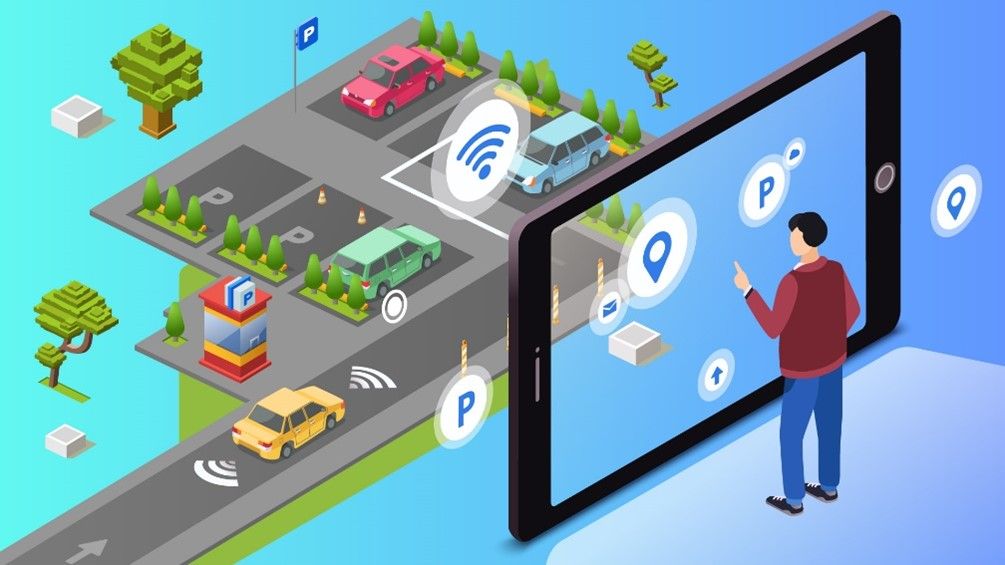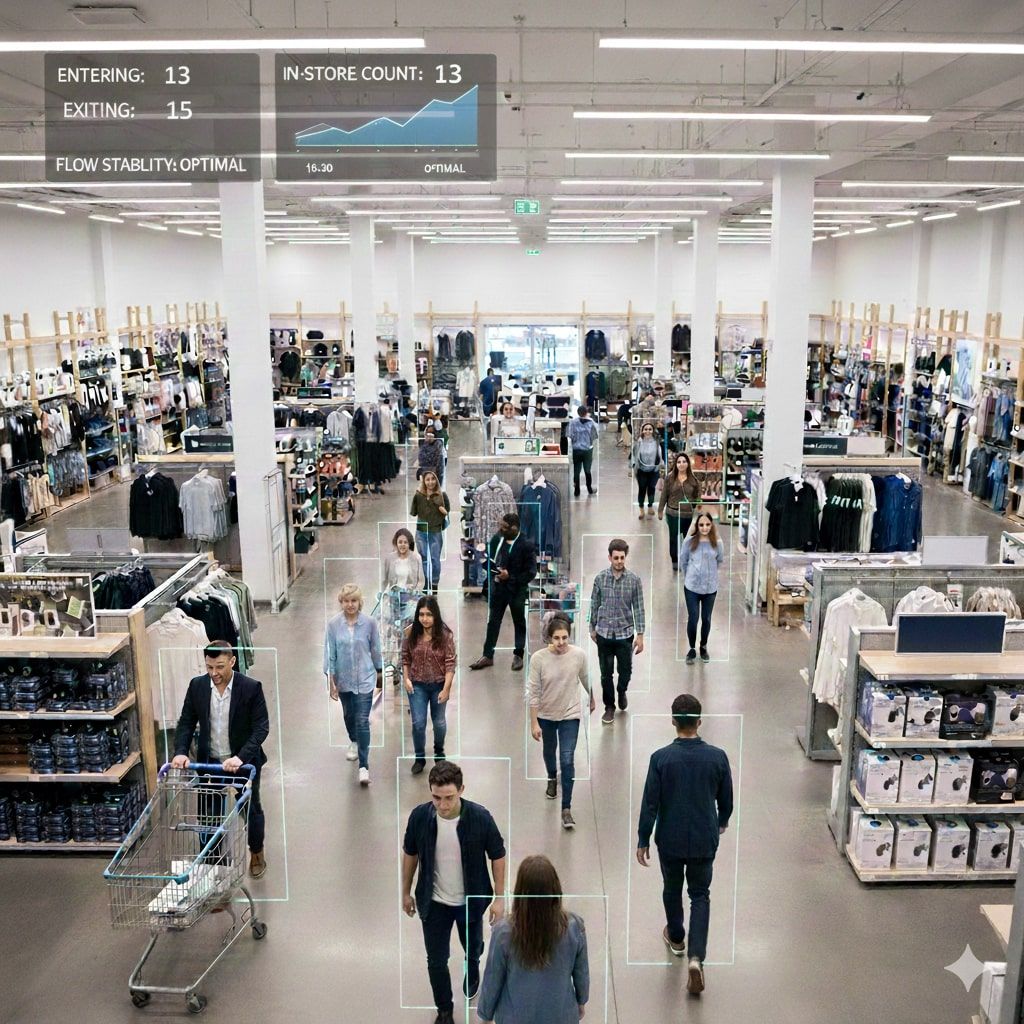Revolutionizing Parking Management with AI-Powered Computer Vision
In today’s fast-paced urban environments, efficient parking has become more than just a convenience—it’s a necessity.
In today’s fast-paced urban environments, efficient parking has become more than just a convenience—it’s a necessity. With rising vehicle numbers, limited urban space, and increasing operational costs, traditional parking systems are no longer sufficient. Enter AI-powered computer vision, a groundbreaking technology that’s transforming the way we manage and optimize parking spaces.
From shopping malls and airports to office complexes and smart cities, AI-driven parking systems are delivering intelligent automation, real-time insights, and cost-effective scalability.
What is AI-Powered Parking?
AI-powered parking refers to the use of computer vision and machine learning to monitor, manage, and analyze parking activities through surveillance cameras and smart sensors. Unlike conventional systems that rely on manual ticketing or RFID cards, this technology automates the entire process—from space detection to license plate recognition—using visual data.
Key components include:
- Camera-based vehicle detection
- License plate recognition (LPR)
- Parking occupancy tracking
- Real-time analytics dashboard
These components work together to create a seamless, intelligent parking experience that improves flow, reduces manpower, and enhances security.
How Computer Vision Works in Parking Management
Computer vision uses algorithms to analyze video feeds from CCTV or edge cameras installed in parking areas. Here’s how the process typically works:
1. Vehicle Detection
AI models detect vehicles entering or exiting the parking area. Using object recognition features, the system identifies cars, motorbikes, and even trucks.
2. Slot Availability Monitoring
The system continuously monitors each parking space and identifies whether it is occupied or vacant in real-time.
3. License Plate Recognition (LPR)
Advanced AI reads vehicle license plates upon entry and exit, automatically logging them into a centralized database. This enables seamless access control and eliminates the need for physical tickets.
4. Violation Alerts
If a vehicle is parked outside designated zones or over time limits, the system can trigger alerts or notify operators automatically.
5. Centralized Dashboard
Facility managers can access a user-friendly dashboard showing live status, occupancy trends, peak hours, and historical usage data—empowering data-driven decisions.
Benefits of AI-Based Car Parking Systems
The adoption of AI and computer vision in parking brings significant advantages to both operators and users:
1. Real-Time Parking Information
AI systems detect space occupancy instantly, helping drivers locate available slots without guesswork. This reduces traffic congestion and improves overall user experience.
2. Automated Access Control
With license plate recognition, cars can enter and exit without stopping. This contactless process is faster and ideal for high-traffic areas such as malls and business parks.
3. Operational Efficiency
AI eliminates the need for manual supervision, ticketing booths, and guard-based monitoring. This reduces labor costs and human error.
4. Data-Driven Insights
Facility owners can view parking trends, vehicle turnover rates, and peak usage times, allowing them to optimize layouts, pricing, or staffing schedules.
5. Scalability
AI-powered systems are highly scalable. Whether managing 50 slots or 5,000, the same technology infrastructure can be expanded with minimal cost.
6. Improved Security
With license plate logs and real-time monitoring, it’s easier to trace suspicious activities or enforce parking policies effectively.
See also: Achieve Higher Accuracy in Vehicle Identification with Computer Vision
Use Cases Across Industries
AI-powered parking can be adopted across various sectors:
- Shopping Malls & Retail: Faster turnover, smooth entry/exit, and better customer satisfaction.
- Corporate Offices: Smart parking management for employees and visitors.
- Airports & Transportation Hubs: Seamless flow, reduced wait time, and enhanced security.
- Smart Cities: Integration with urban mobility systems and IoT devices.
- Residential Complexes: Reserved slot monitoring and access control.
Why Businesses Should Invest in Smart Parking
Parking isn’t just about finding a spot—it’s part of the larger customer experience and operational flow. Businesses that implement AI-based parking solutions gain a competitive edge by offering:
- Faster service
- Higher customer retention
- Better use of real estate
- Improved safety and compliance
Moreover, with the rise of low-bandwidth surveillance technology and edge computing, AI-powered parking can be deployed with minimal infrastructure upgrades.
AssistX Vision: Leading the Way in Parking Intelligence
At AssistX Vision, we provide a cutting-edge solution that leverages AI and computer vision for smart surveillance and parking systems. Our features include:
- Real-time vehicle detection
- License plate tracking
- Dynamic slot management
- Violation detection
- Tailorable dashboards for operators
With proven deployment across malls, business districts, and industrial zones, AssistX Vision helps you reduce cost, improve flow, and enhance user experience—without changing your existing camera infrastructure.
Related article: AI Computer Vision: Seeing What Humans Miss


